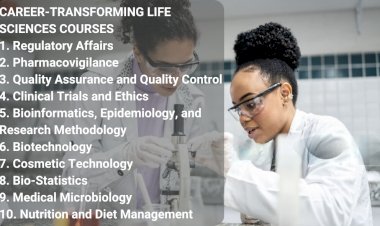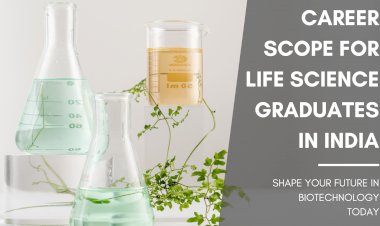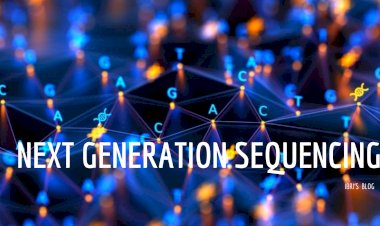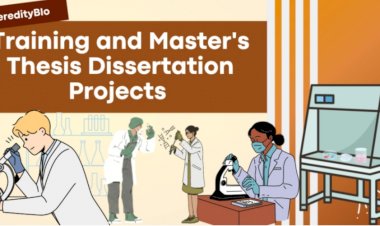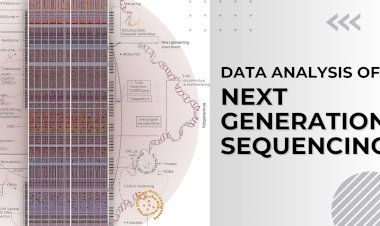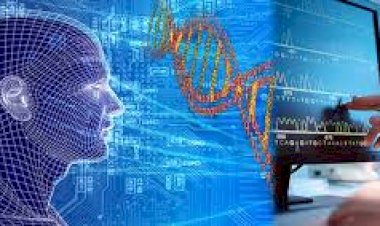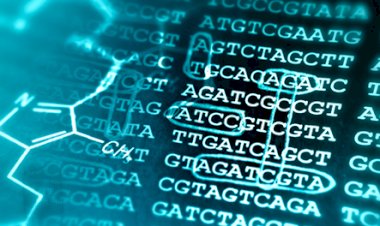Most Demanding Courses of Life Sciences in India
Most demanding courses of life sciences in India

Most demanding courses of life sciences in India
There are several demanding courses in life sciences in India that offer great career prospects. Here are some of the most popular ones:
- Pharmacology: This branch of pharmacy deals with the study of drugs and their effect on the body. Pharmacologists research and develop new drugs and also test the safety and effectiveness of existing drugs.
- Pharmaceutics: Pharmaceutics is the science of designing, formulating, and manufacturing pharmaceutical products. This domain is essential for the development of various drug formulations, including tablets, capsules, creams, and injections.
- Pharmacovigilance: Pharmacovigilance is the science of monitoring and evaluating the safety of drugs in the market. Pharmacovigilance professionals collect, analyze, and report adverse drug reactions to ensure the safe use of medicines.
- Regulatory affairs: Regulatory affairs professionals ensure that pharmaceutical products comply with regulatory guidelines and are approved for sale in the market. They work with regulatory agencies to submit product dossiers, review regulations, and monitor changes in regulatory requirements.
- Clinical trial: A clinical trial is a type of research study that is conducted to evaluate the safety and effectiveness of a medical treatment or intervention, such as a new drug, medical device, or diagnostic procedure. Clinical trials are typically designed and conducted by pharmaceutical companies, academic research institutions, or government agencies, and involve enrolling human participants who are willing to be part of the study.
- Clinical trial data management: Clinical trial data management refers to the collection, storage, organization, and analysis of data generated during clinical trials. It involves the use of various tools and technologies to ensure that the data collected from clinical trials is accurate, reliable, and consistent. Clinical trial data management is a critical component of the drug development process, as it helps researchers to draw valid conclusions from their studies.
- Biotechnology: Biotechnology is a field of science that involves the use of living organisms, or parts of them, to create new products or processes. It encompasses a wide range of applications, including the development of new medicines and treatments, genetic engineering, agricultural biotechnology, and industrial biotechnology.
- Genetics: Genetics is the scientific study of genes, heredity, and variation in living organisms. It encompasses a wide range of fields, including molecular biology, biochemistry, and biotechnology. Genetics is concerned with understanding the fundamental principles of inheritance and how genetic information is transmitted from one generation to the next.
- Biostatistics: Biostatistics is the application of statistical methods to biological, medical, and public health research. It involves designing studies, collecting and analyzing data, and interpreting the results to draw meaningful conclusions about health and disease. Biostatistics plays a critical role in biomedical research, clinical trials, epidemiology, and public health policy.
- Molecular Biology: This course focuses on the study of the molecular basis of biological activity, including DNA replication, transcription, and translation. It is essential for understanding gene expression, genetic engineering, and biotechnology research.
- Quality Assurance: Quality Assurance (QA) is a process of ensuring that a product or service meets the required quality standards. It is a set of activities that are carried out to prevent defects or errors in the product or service by identifying and eliminating any potential issues at various stages of development, production, or delivery.
- Quality control: Quality control refers to the process of inspecting, testing, and verifying products or services to ensure they meet predetermined quality standards. The primary goal of quality control is to identify and correct any defects or deviations in the product or service before it is delivered to the customer. Quality control can take many forms, including visual inspection, statistical sampling, and testing against predetermined specifications.
- Synthetic Biology: This course covers the design and construction of biological systems using synthetic biology tools and techniques. It is essential for understanding the potential of biotechnology in engineering new biological functions and systems.
- Bioinformatics: Bioinformatics is an interdisciplinary field that combines biology, computer science, and statistics to analyze and interpret biological data. It involves the use of computational methods and tools to collect, process, analyze, and store large amounts of biological data, such as DNA sequences, protein structures, and gene expression profiles.
- Medical and scientific documentation: Medical and scientific documentation writing is the process of creating written materials that accurately and clearly convey complex medical and scientific information to various audiences, such as healthcare professionals, regulatory agencies, patients, and the general public.
These are the most demanding courses in life sciences in India. There are many other courses and specializations available, depending on your interests and career goals.

 Janhvi
Janhvi 






